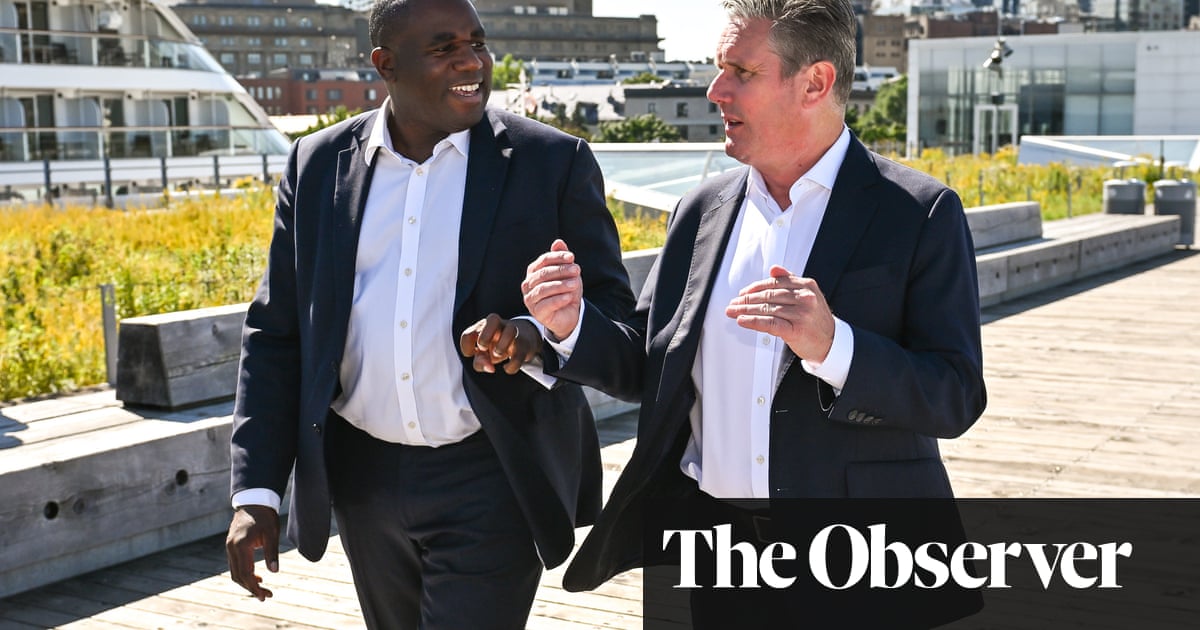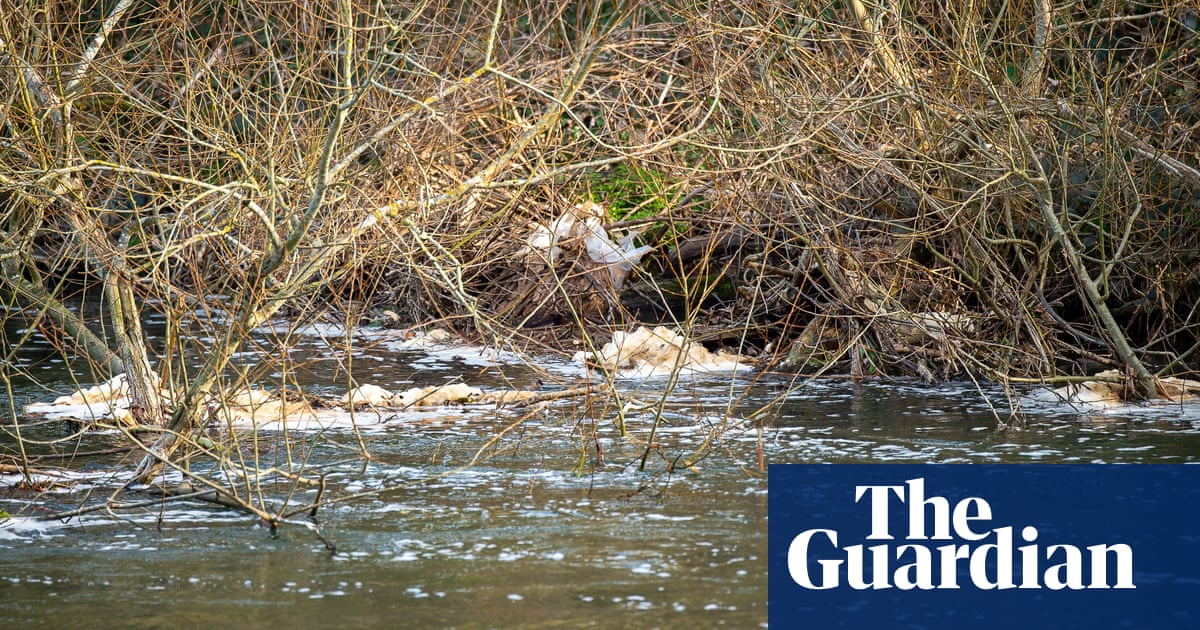
European presidents and prime ministers meet at the end of this week, with Friday’s discussion focused on international relations. Post-Brexit, the EU’s foreign policy is in flux in one important, but much overlooked, outcome of the UK’s withdrawal.
There are several critical international relations debates underway over the bloc’s role in a more complex, multipolar Europe and wider world. Friday’s discussion will focus on two of these critical topics.
First is developing the EU’s partnerships in security and defense. This includes building on its established cooperation with NATO, which has led to the development of a broad range of tools to provide greater security to Europe in areas such as military mobility, cybersecurity, hybrid threats, and counterterrorism.
The second debate centers on increasing the EU’s ability to act autonomously and promote its strategic interests and values on the global and regional stage. On this issue, Brexit has “created” a new non-EU power in Western Europe: The UK. This development is already changing Brussels’ relationships with other non-EU European countries, including Ukraine and Turkey. These countries had developed relations with the EU that were intended as a means to the end of eventual membership, or at least closer relations with the bloc. Brexit has not (yet) thrown these processes into reverse, but it does, however, open up new possibilities for future relationships based on continued non-membership.
Such reform may be needed not only to deal with the changes that the UK’s exit brings to European geopolitics, but also wider global trends. Europe already feels the pull of different world powers, especially the US and China, and it also struggles locally with the geopolitical disruptions of Turkey and Russia. This new multipolarity has brought greater uncertainty to Europe, which is on ever more complex geopolitical terrain. This is one of the big reasons why EU leaders will also focus on defense on Friday.
If population projections hold, it is Russia and Turkey (plus the UK) that look set to be the most populous countries in Europe by the middle of this century, thereby leaving the EU in the middle of several large states. From the perspective of decision-makers in states such as Russia, where sovereignty and hard power matter, Brexit is seen as an especially significant loss of power for the EU.
Moscow had hoped the UK’s departure would create another chapter in Europe’s long history of struggling to overcome internal problems. Such a period of introspection, with resources and time spent dealing with internal issues, could leave the EU more distracted from key international matters, which others would then take the lead on. However, Brussels and the EU27 have been vigilant with regard to Russian relations. Only on Monday, the EU agreed to sanction Russian officials over the jailing of opposition figure Alexei Navalny, which Moscow said could lead to a complete breakdown in ties after a period of frigidness that has already lasted several years.
The EU measures are its first use of the new “Magnitsky Act” human rights sanctions, named informally after a late Russian dissident. The new sanctions come on top of previous measures over Russia’s invasion of Ukraine, chemical weapons attacks and cyberattacks, with EU foreign policy chief Josep Borrell saying this week that Moscow had become the EU’s “adversary.”
Against this background, there remains alarm in certain European quarters about the bloc’s capability to respond to what is perceived as a significantly enhanced Russian security threat. Whereas Moscow is estimated to have increased defense spending by some 80 percent between 2008 and 2014, the equivalent figure for NATO countries collectively was a decrease of about 20 percent, although there have been some increases since then in numerous European states.
These increases in European defense spending have been driven by the EU defense action plan that was agreed in 2016. This aims to boost the cost-efficiency of defense spending; enhance defense cooperation; build a stronger industrial base by setting up a European defense fund; encourage investments in the defense industry; and reinforce the continent’s single market for defense.
Reform may be needed not only to deal with the changes that the UK’s exit brings to European geopolitics, but also wider global trends.
Andrew Hammond
But Russia is just one of three states — alongside the US and Germany — that will be crucial in shaping how Brexit plays out vis-a-vis the EU’s changing global geopolitical landscape and a fast-changing, multipolar world. Other powers such as France and China will be key influencers too, but it will be the choices of the first three that will shape the future context of European and international politics.
Taken together, what these debates showcase is that, as important as Brexit is, it will not solely define the future of the EU. Instead, the UK’s exit is just one of several first-order foreign policy challenges confronting the bloc, including ongoing pressures facing Russian relations, the future of NATO, and ties with the US. How the EU responds to them all will not just determine its place in the world, but also frame its future relationship with the UK to boot.
Andrew Hammond is an Associate at LSE IDEAS at the London School of Economics.
Disclaimer: Views expressed by writers in this section are their own and do not necessarily reflect Arab News" point-of-view











